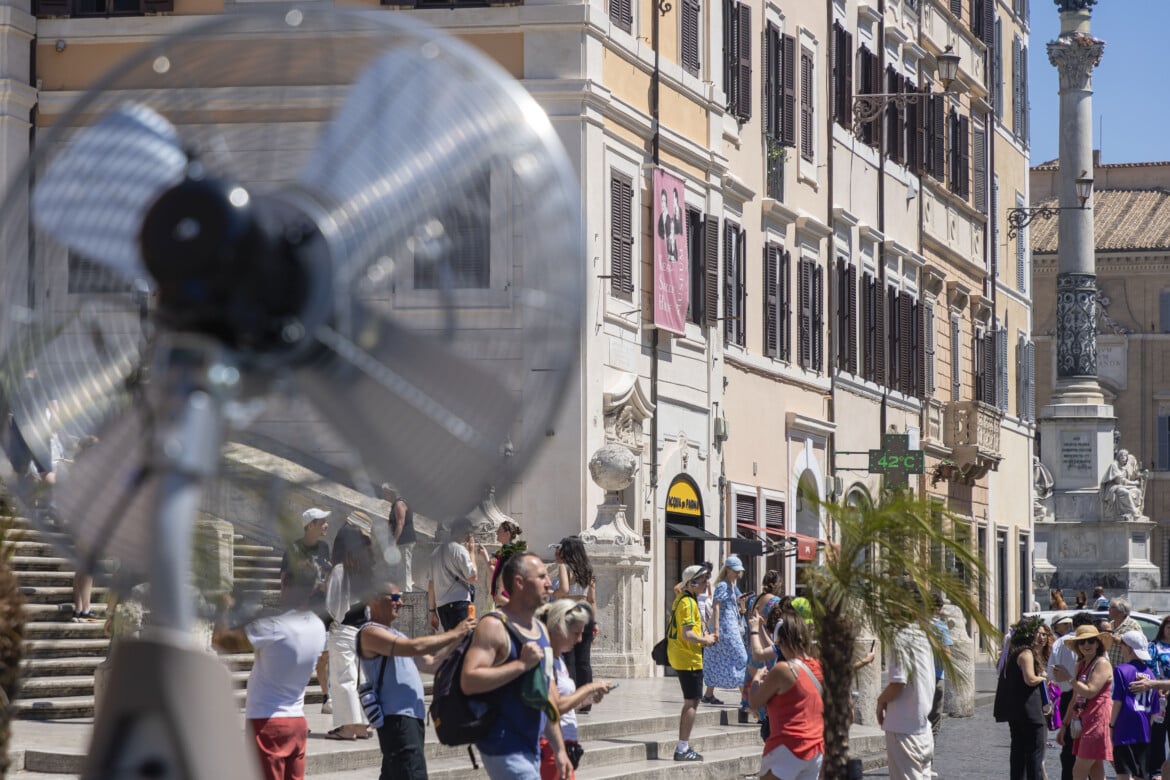Analysis
Europe is using tricks to avoid meeting climate change goals
Three percent sounds small, but it postpones the real 90% goal – achieved through an actual ecological transition – by at least two years.

Europe is “adjusting” to climate change, in the Trumpian sense of the phrase: by quietly adjusting its goals downward in the fight against global warming. On paper, the target remains the same: the European Union still pledges to cut emissions by 90% from 1990 levels by 2040.
In practice, under the amendment the Commission has just filed, emissions would fall only 87%; the remaining 3% could be “bought” abroad via carbon credits. Instead of decarbonising at home, member states could fund “green” projects elsewhere and subtract the tons of carbon dioxide saved there from Europe’s own ledger. Another new item of “flexibility” concerns particular sectors: credits earned in one branch of the economy could offset excess emissions in another. In other words, a government may choose between closing a coal plant in Europe or planting trees on the far side of the globe.
Three percent sounds small, but it postpones the real 90% goal – achieved through an actual ecological transition – by at least two years. Germany was the one that tabled that compromise. Parliament and the Council, where all twenty-seven governments sit, will now debate it, and the figure could be cut even further. Several capitals, including Rome, already hint they will push for a higher share of carbon credits. France, as Politico.eu reports, wants five percent – tantamount to delaying decarbonisation for four years. Others are hoping to push back the 2040 deadline altogether.
There is great skepticism about Brussels’ plan among environmentalists, which comes from the carbon credit market’s terrible reputation. Plenty of academic research and many journalistic investigations alike have shown how ineffective carbon offsets actually are.
Tree planting – one of the most widespread forms of offsets and the most common tool for energy-intensive businesses – looks brilliant on paper, but in most cases the results do not match the promises. A recent Science study of 26 reforestation schemes worldwide found actual emission savings ran 94% below initial claims. Several outlets have also exposed sprawling international organizations engaged in carbon credit fraud, facilitated by the absence of real controls over what is actually being done in the field.
In 2024, Germany’s environment agency certified more than €600 million worth of reforestation projects via Chinese companies – claimed but never implemented – used to compensate German companies’ emissions.
Technology poses a second question mark. The regulation lists nuclear power as an emissions-cutting option, but environmental impact aside, no one realistically expects even a single new reactor to start up in Europe before 2040; work on France’s third-generation Flamanville unit, inaugurated in December 2024, began all the way back in 2006.
In its new proposal, Brussels is also talking up carbon-capture and storage technologies, which are supposed to trap CO₂ at the smokestack, before it is emitted into the atmosphere. Capturing instead of cutting emissions would lower transition costs, which is why business lobbies are pushing for this. However, this is technology that is still immature and inefficient, whose potential may be vastly overrated. The Bruegel think tank in Brussels, which analyzes the EU’s energy market, calculated that to meet EU goals, this technology would need to become 100-150 times more efficient than it is today. It would be better to actually reduce emissions than try to capture them back from the air.
With political momentum flagging, the climate fight leans ever more on sincere public concern, which still drives green buying and investment, pushing down prices for EVs and solar panels. Eurobarometer polling says four in five Europeans say stopping climate change is a top priority: a predictable result when European capital cities now resemble so many versions of Dubai, livable only in air-conditioned malls. But among those in power, who don’t lack air conditioning, there is far less concern.
Originally published at https://ilmanifesto.it/crediti-e-compensazioni-trucchi-per-non-agire on 2025-07-03
